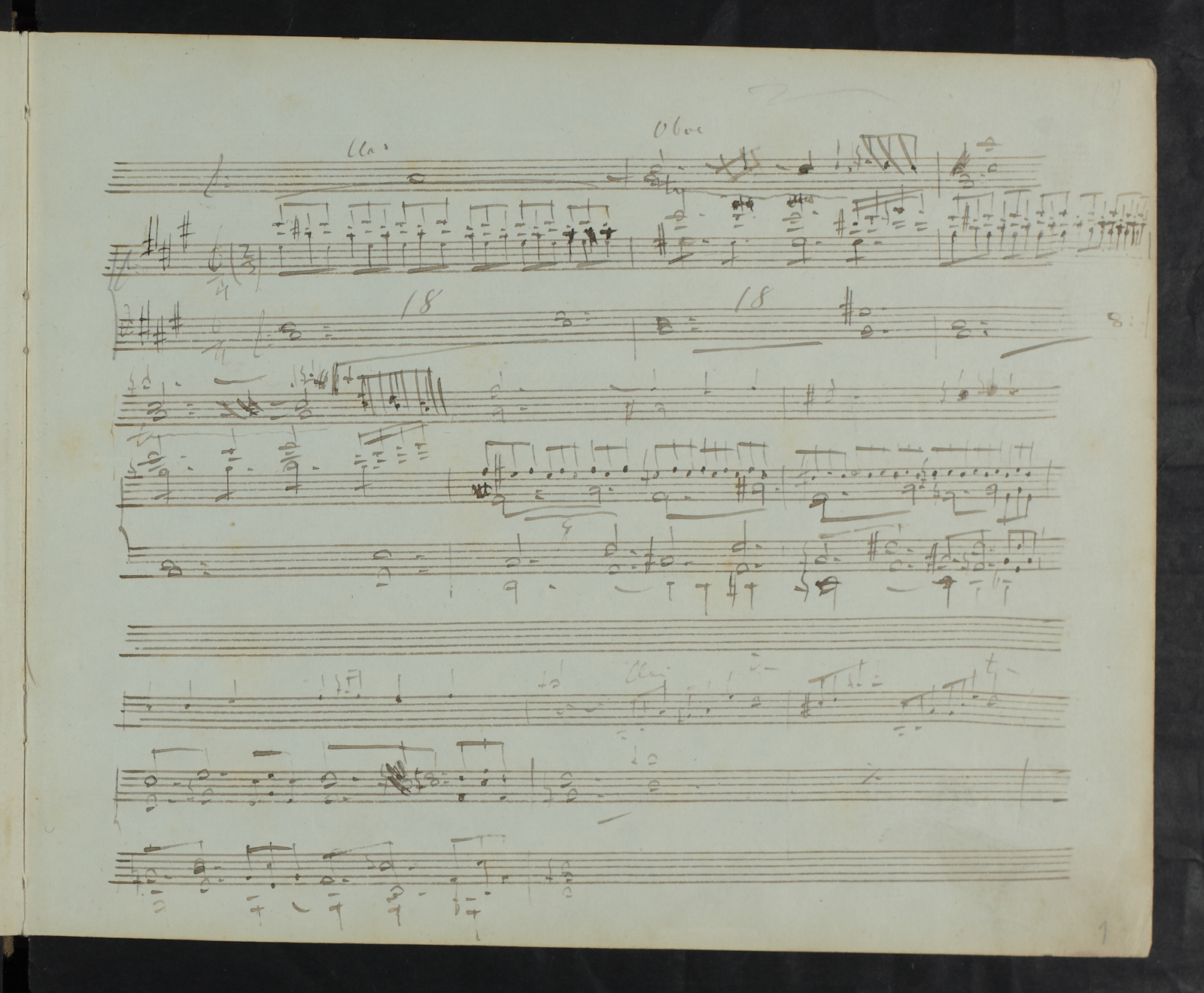Between 2016 and 2019, Christ’s Fellow musicologist Professor David Trippett prepared critical and performing editions from a previously undeciphered manuscript of Hungarian-born composer Franz Liszt’s Italian opera Sardanapalo.
On 22 October 2023, the opera will receive its Hungarian premiere in the Palace of the Arts (Müpa) in Budapest.

The opera is set at the end of the Assyrian empire c. 631 BC and is based on Lord Byron's 1821 tragedy Sardanapalus inspired by the last Assyrian King, Ashurbanipal.
At this new performance there will be a projection of Assyrian stone relief images owned by the British Museum onto a screen suspended above the organ. These artefacts were first displayed in London and Paris at precisely the time the opera was composed (1849-51).
Professor Trippett, who decoded the musical shorthand from a manuscript which was abandoned by Liszt in 1851 after composing just one act, will give lecture-recitals about the music at the Liszt Academy and the Old Academy of Music in Budapest, and at Müpa itself.
A final twenty bars, supplied by Professor Trippett, completed the first act of Liszt’s only mature opera. Three academics from the Universities of Cambridge, Bologna and Cornell helped to reconstruct the Italian libretto.

Professor Trippett said:
"This performance is the culmination of the annual ‘Liszt Fest’ and it will be tremendously exciting to hear the revised score premiered by an international cast on Liszt's birthday, and in the region of his birth."
Watch a trailer for the concert.
Watch a film about the original project.
Banner Image via Wikimedia Commons CC BY-SA 4.0: Assyrian king Ashurbanipal on his horse thrusting a spear onto a lion’s head. Alabaster bas-relief from Nineveh, dating back to 645-635 BCE, currently in the British Museum, London

